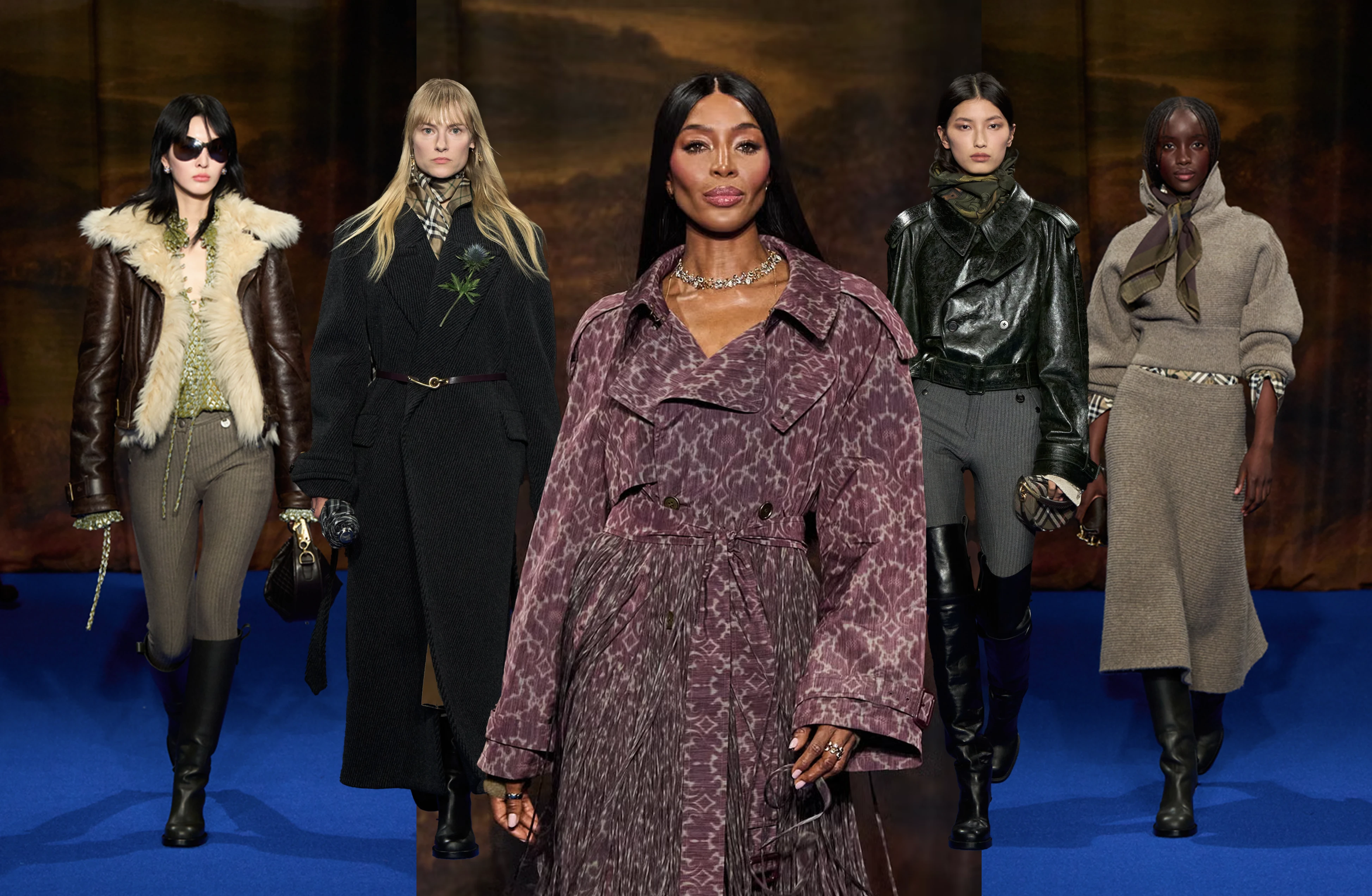Part of The Power of Renewal Series
Some women don’t just follow industry trends—they redefine them. As part of The Power of Renewal series for International Women’s Day, we’re speaking with trailblazing female CEOs who are shaping the future of their industries and driving meaningful change.
One of those women is Courtney Holm, CEO of A.BCH. What began as a sustainable fashion label has evolved into A.BCH World, a platform dedicated to educating people about the realities of sustainable fashion. But Courtney’s vision doesn’t stop there—she also runs Circular Sourcing, a resource connecting designers and brands with surplus textiles and deadstock fabrics, making circular fashion more accessible than ever.
By challenging traditional industry practices and pioneering new solutions, Courtney is reshaping the fashion landscape—one ethical choice at a time.
Did your journey into fashion come first, with sustainability becoming a focus later? Or was sustainability always a passion that led you into fashion?
I was always interested in fashion, but I didn’t have any formal sustainability training or grounding when I went to fashion school. Sustainability wasn’t something I learned about in my studies—it was more of a personal mindset. Looking back, I’d say I was naturally sustainability-minded, but I never really connected that to what I was doing in fashion.
After finishing uni, I worked for a Melbourne label for about a year and also started my own brand. But that first label wasn’t sustainable at all—it was men’s athletic wear, which was completely different from where I eventually ended up. I ran it for a couple of years before realizing it didn’t align with my values, and that’s what set me on the path to figuring out what truly did.
I had this epiphany: I didn’t want to be part of the fashion industry if it meant contributing to waste. That realisation pushed me to explore sustainability in fashion in a way I hadn’t before.
Over the past 12 months, you’ve transitioned from A.BCH into A.BCH World and launched Circular Sourcing. How has that journey been for you, and what have been some of the key challenges or highlights along the way?
Insane! The past 12 months have been crazy, so it’s nice to finally be able to focus solely on the tech platform this year. Last year was particularly hectic because we were in transition mode—we had to guide our customers through the shift while also running Circular Sourcing at the same time.
There were so many competing priorities, which made it feel overwhelming at times. Now, things are much more streamlined, but the level of focus has also intensified the workload. So while it’s less chaotic, there’s still a lot to do—just in a more structured way
You originally founded A.BCH in 2016. How do you think the fashion industry’s view on sustainability has evolved since then, and where do you see it now in 2025?
It’s changed a lot. When we first started A.BCH, most people didn’t really know what circular fashion was. There was some awareness of sustainable fashion, but it was still quite vague—people weren’t entirely sure what it meant. Greenwashing wasn’t really a thing back then, simply because not many brands were even trying to be sustainable.
Then, over the years, sustainability became trendy, and the conversation really ramped up. Eventually, the idea of circular fashion started to gain traction, but it took about six years before people really began to understand the circular economy.
Some things have shifted, especially with new legislation and regulations coming into play. But at the same time, the industry is still consuming and producing more than ever. The impact of these changes isn’t fully visible yet, but maybe in another ten years, we’ll start to see real results
For more information about Courtney’s journey and to learn more about Circular Economy, you can find her at abch.world and circularsourcing.world or visit @abch.world and @circularsourcing
By Alex Dymalovski









.png)














.png)